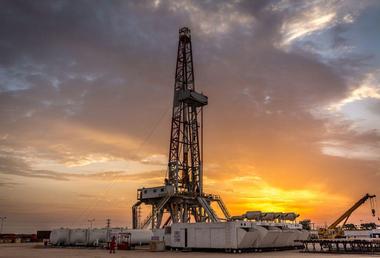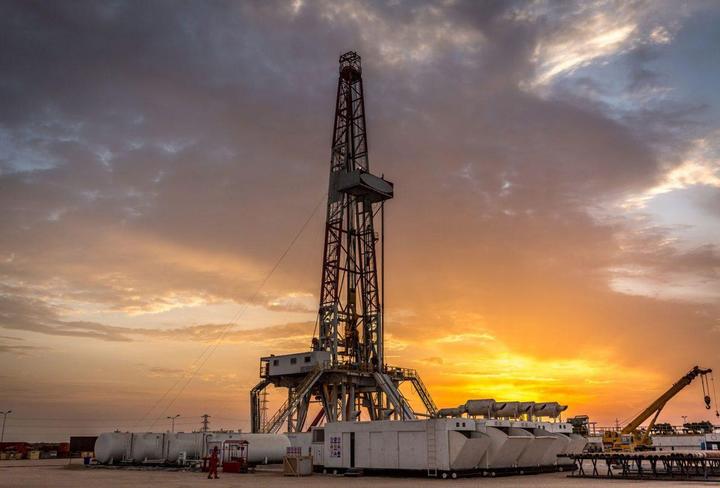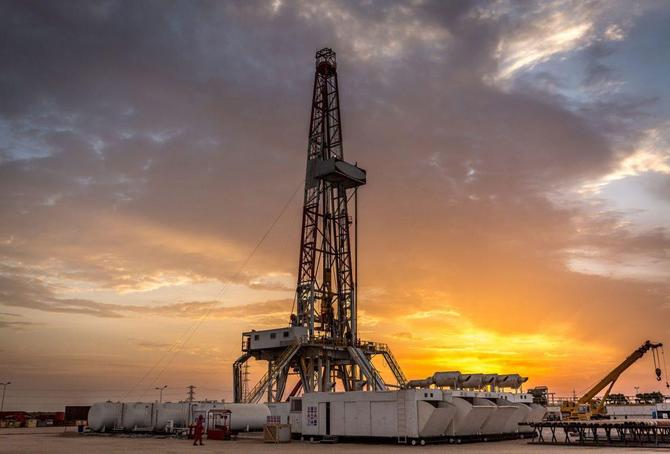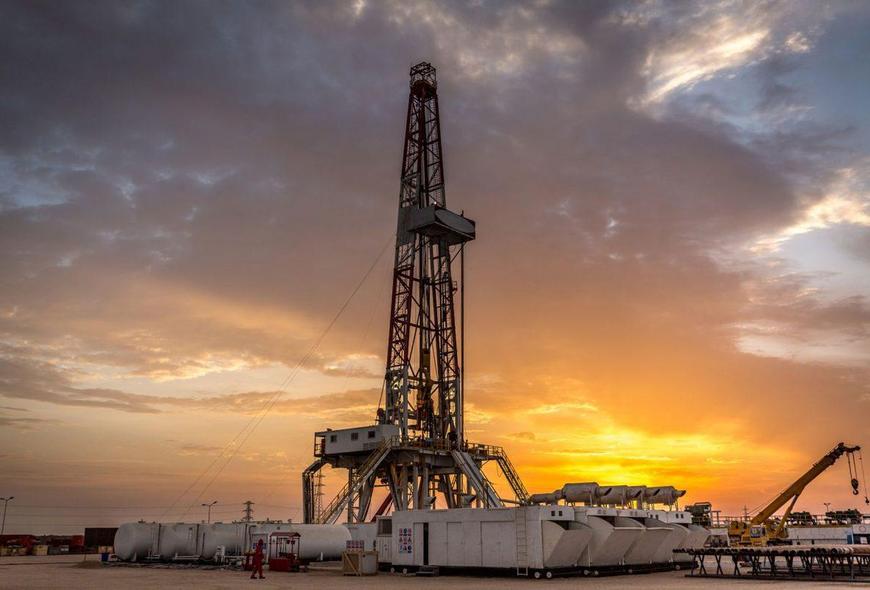



Hydraulic fracturing (or fracking) is a method in the oil and gas producing industry, used to extract energy valuable substance from deep earth’s layers. Water, sand and chemical ingredient are mixed and horizontally injected into a drilled well in order to crack the shale and increase valuable substance flow. The fracking method has started to become popular in America since the late 1990s and keeps this tendency nowadays (Vergano).
For a thing which sounds as dangerous as fracking, of course, there’s no one socially accepted opinion, is it good or bad. And while fracking method’s becoming more widely used in the USA and abroad, a lot of people are concerned about the disadvantages of this process.
Firstly, is it really “a golden mine” for all? A payoff to the owners of lands where the process starts “can be as little as $15 an acre or up to $6,000 an acre” (Vergano). That means only producing company wins.
Secondly, the whole district is changing because of fracking nearby. It becomes more industrial: technics, new buildings, and factories appear. There can be as advantages (more new workplaces, business development, etc.) as disadvantages from such changes. Grass disappears; drill sound and heavy equipment appear, changing landscape extremely. And what can be good for one district’s infrastructure can be bad for another. Often farmers and landowners suffer because of fracking in the neighborhood. Producing oil and gas process not only frights animals and harms agribusiness, but also probably pollutes air and water, so influences badly on a farm production’s quality.
But what’s most frightening, fracking’s damage to the environment isn’t still known for sure. There’s simply not enough information to tell what harm fracking brings into a general ecology situation and a local inhabitants’ health (Vergano). Naturally, a lot of people are worried about using a doubtful energy producing method.
Recently, University of Taxes and Duke University studies reviled that most harm from fracking can be caused by spills and wells, drilled and constructed in the wrong way (Vergano). And besides air and water pollution, a big question is how this method influences on the lithosphere. An idea of fracking is making cracks deeply in earth’s layers. How safe is that?
To my mind, most reasonable is an opinion that for every different place and with every different company answer on the question “to drill or not to drill” can be different. Such big oil and gas producing corporations like Halliburton or Shell usually indeed try to be ethical and cause less harm, not because they’re so responsible for the future generations, but because corporations have something to lose – their reputation. So they constantly research in oil and gas extractive field to optimize the process and cause less harm to the environment or to be “a good neighbor” and minimalize a noise and discomforts which extractive process brings. And really, if a corporation isn’t ethical, harm will be visible at once. So I think often harm that oil and gas producing corporations cause can be hyperbolized in media to attract public attention to ecological questions.
But there comes another question: can oil and gas producing industry be ethical at all? It’s well-known that energy can be retrieved more ecologically from the sun and air, and water. Then humanity must not think how to minimalize harm from doubtful fracking, but to abandon this way of producing energy in total, and focus all technical and scientific sources on developing alternative energy producing ways which for sure are healthy.